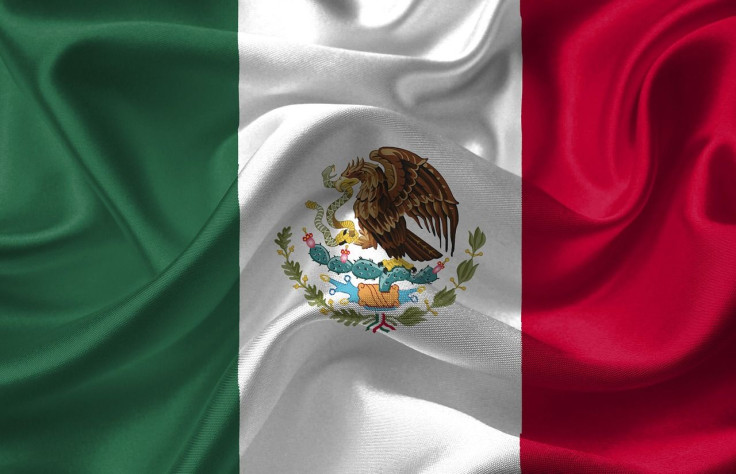A totoaba trafficking gang was "dismantled," according to Navy Minister José Rafael Ojeda Durán, who made the announcement on Tuesday, Jan. 3, after seven of its members were taken into custody, Mexico News Daily reported.
The vaquita porpoise is on the verge of extinction as a result of the so-called "Totoaba Cartel," which operated in the Gulf of California and trafficked rare species, said reports.
The Gulf of California is the natural habitat of both the vaquita and totoaba. The swim bladder of the totoaba is commonly smuggled illegally to the U.S. and then to China, where it is thought to have medical benefits. In China, a bladder fragment can sell for up to U.S. $60,000, giving it the moniker "cocaine of the sea."
The main reason why the vaquita porpoise has become the most endangered marine mammal in the world is that it frequently gets entangled in and drowns in illegal totoaba gillnets. The nets, which may be up to a kilometer long, serve as a wall to confine marine life.
The Convention on International Trade in Endangered Species of Wild Fauna and Flora (CITES) put pressure on Mexico in November to develop an action plan by February 2023 to protect the vaquita and totoaba. Mexico could be prevented from exporting wildlife goods by CITES officials if the nation does not present this plan.
The U.S. Department of the Interior was sued by three conservation groups in December to demand sanctions on Mexico for its failures in enforcement. The population of vaquitas has decreased during the past ten years from 200 to about 10–20 specimens.
According to Ojeda Durán, the Navy conducted a number of enforcement operations between 2019 and 2022, including removing 744 nets, examining 2,042 ships and 12,314 smaller vessels, and looking over 31 warehouses. Additionally, there have been recent arrests and the seizure of hundreds of kilos of totoaba.
The Mexican government started up its attempts again in August 2021 to keep little fishing boats out of the so-called "zero tolerance zone" near San Felipe, Baja California, where the last remaining vaquitas have been spotted.

© 2025 Latin Times. All rights reserved. Do not reproduce without permission.



